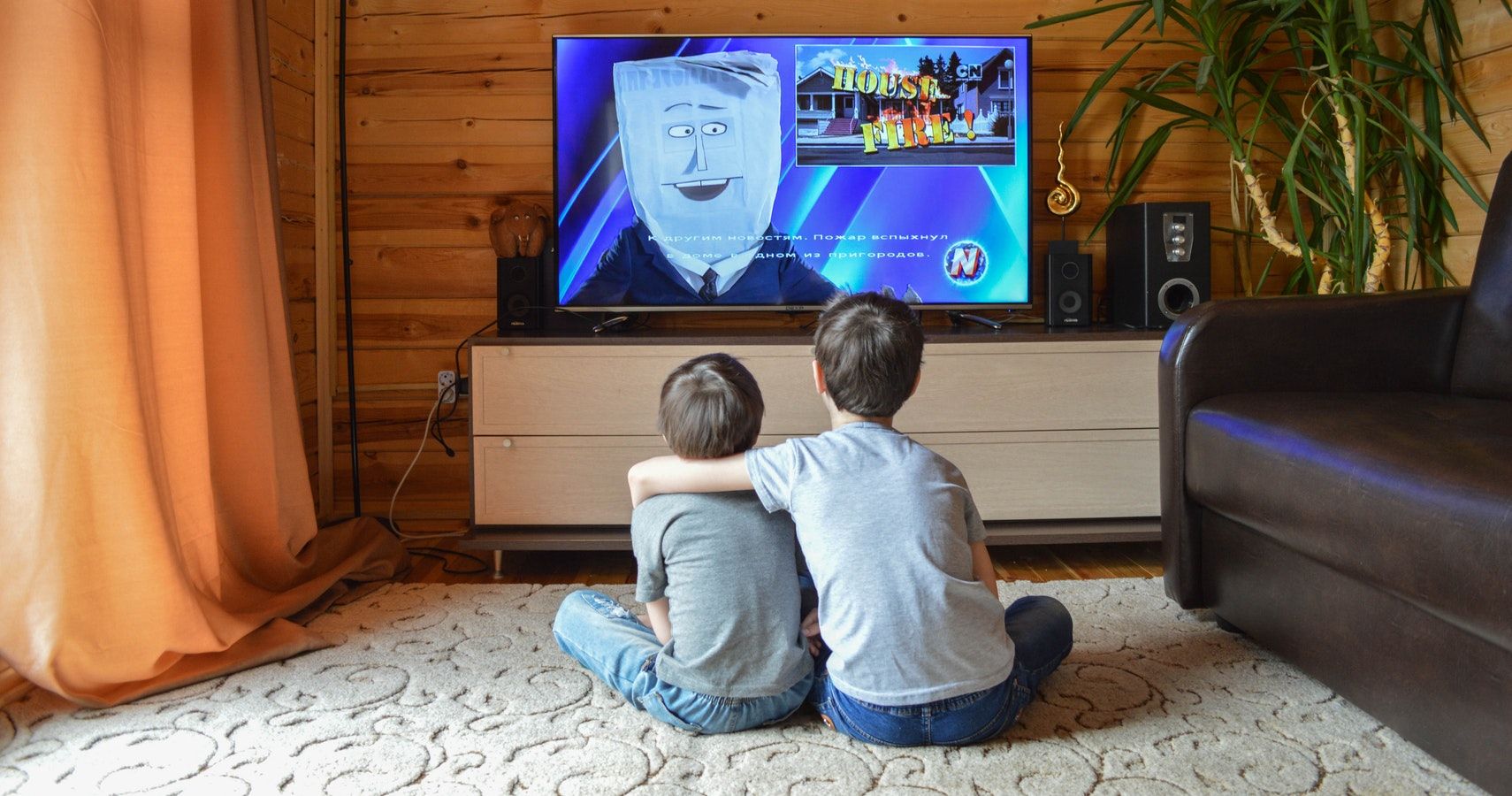A new study has looked at how watching emotional and social stimuli movies changes as children grow from infancy all the way to adulthood. Child development is such a vast concept, and there are always things that need to be looked at and uncovered. Just when we think we know everything, something changes and experts are learning more and more. Studies are important for growth, as the more that we know about a subject, the better we can do and since there is no parenting handbook, studies can be all parents have to rely on.
According to Medical Xpress, a new study was done that has found that the brain’s response to understanding stories that are told to us changes as we grow up. This report was done by eLife, and it can be read in full here.
The findings suggest that the brain’s response to the stimuli that are provided by movies can change as a child grows, especially when it comes to emotional and social stimuli. These findings seem to challenge the idea that children are just a “noisier” version of adults when it comes to understanding and that there are developmental differences that we should all take into consideration.
It showed that children have their own way of understanding and interpreting the world around them, and parents may want to start thinking about all of this from their perspective. Experts already know that the ability to look at the world around you changes quickly in the first 20 years of life.
It is also understood that older children and adults are better able to understand the world around them, and this means that they can anticipate what is going to come next. What they found was that brain responses to a particular movie are consistent among children who are the same age, but this is what changes as a child grows.
What they also found was children as young as seven were able to divide the movie story up similarly to adults, however, there was a big difference. The children were not able to guess or anticipate what was coming next in the movie while older children could.
However, younger children had stronger responses to the transitional periods in the movie, but that is likely due to areas of their brains not being fully developed yet. They are working on forming their understanding of the world. Next time you are watching a movie with your young child, try and see it through their eyes and developmental stage.
Sources: Medical Xpress, eLife

